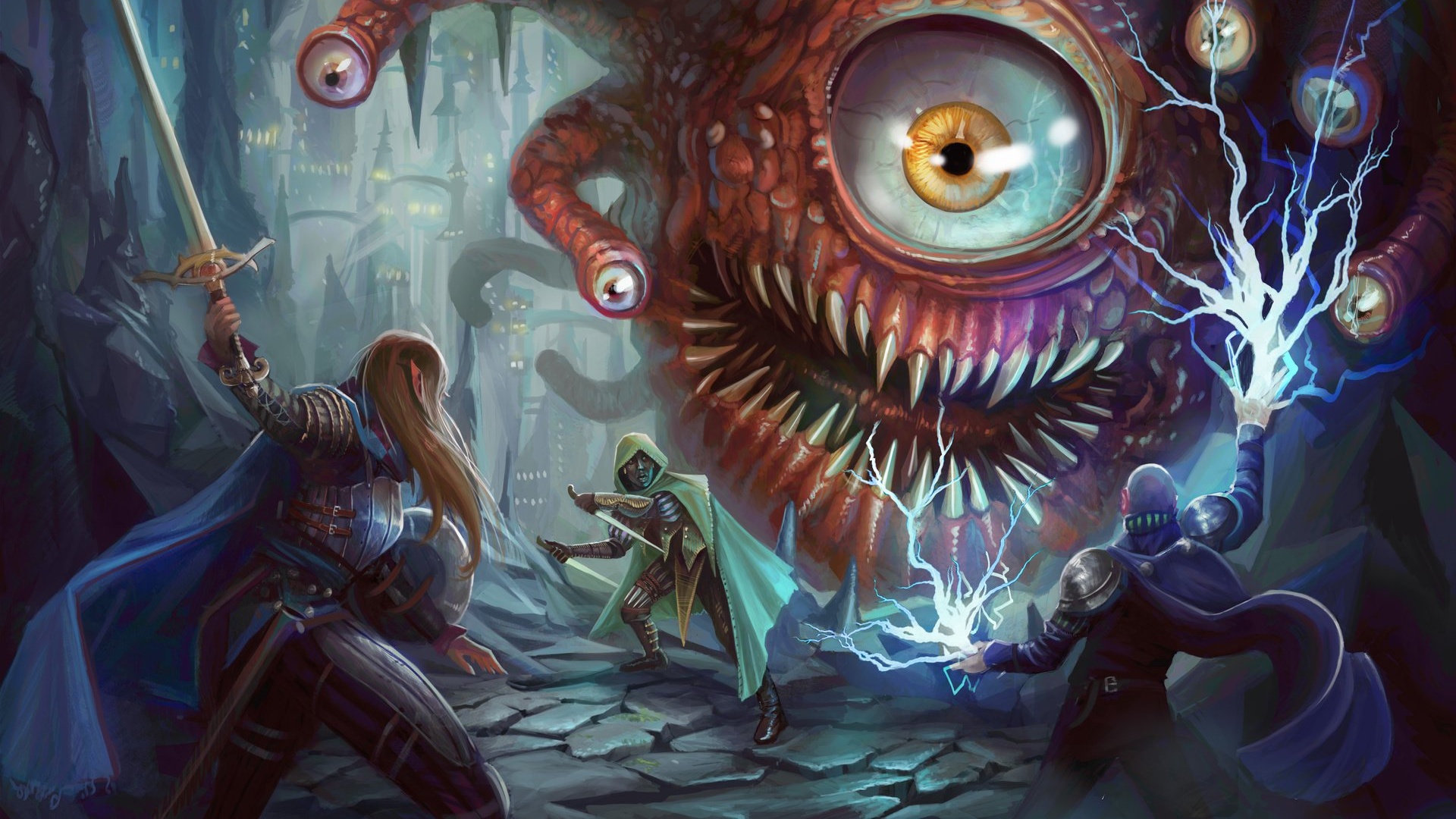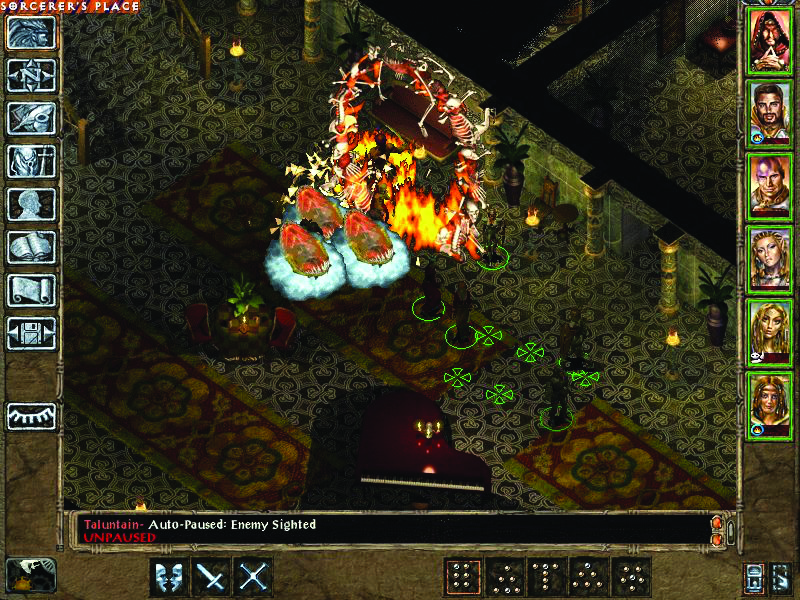RPG devs stopped making games like Baldur's Gate 'because retailers told us no one wanted to buy them', says New Vegas and Pillars of Eternity director Josh Sawyer
The Infinity Engine wasn't quite so infinite, in the end.

Keep up to date with the most important stories and the best deals, as picked by the PC Gamer team.
You are now subscribed
Your newsletter sign-up was successful
Want to add more newsletters?

Every Friday
GamesRadar+
Your weekly update on everything you could ever want to know about the games you already love, games we know you're going to love in the near future, and tales from the communities that surround them.

Every Thursday
GTA 6 O'clock
Our special GTA 6 newsletter, with breaking news, insider info, and rumor analysis from the award-winning GTA 6 O'clock experts.

Every Friday
Knowledge
From the creators of Edge: A weekly videogame industry newsletter with analysis from expert writers, guidance from professionals, and insight into what's on the horizon.

Every Thursday
The Setup
Hardware nerds unite, sign up to our free tech newsletter for a weekly digest of the hottest new tech, the latest gadgets on the test bench, and much more.

Every Wednesday
Switch 2 Spotlight
Sign up to our new Switch 2 newsletter, where we bring you the latest talking points on Nintendo's new console each week, bring you up to date on the news, and recommend what games to play.

Every Saturday
The Watchlist
Subscribe for a weekly digest of the movie and TV news that matters, direct to your inbox. From first-look trailers, interviews, reviews and explainers, we've got you covered.

Once a month
SFX
Get sneak previews, exclusive competitions and details of special events each month!
Classic RPGs make up some of the most formative examples of late '90s to early 2000s PC gaming in my memory, but I also remember when they weirdly disappeared. If you loved games like the original Baldur’s Gate, Icewind Dale, or Planescape, and also wondered why we stopped seeing these kinds of titles for a bit there, well it turns out you can blame physical retailers for the decline in Dungeons-and-Dragons-style PC RPGs.
The Infinity Engine was used to power isometric roleplaying games like the ones above. It allowed game devs to take many of the sentiments and mechanics used in DnD and translate them to videogame experiences. It allowed a lot of people to have these kinds of adventures for the first time, especially when good Dungeon Masters are always so hard to find.
"The reason we stopped making Infinity Engine games was because retailers told us no one wanted to buy them," says Josh Sawyer—who now serves as Obsidian's studio design director but cut his teeth working on games like Icewind Dale—during his keynote speech at GCAP 2025 in Melbourne, Australia. "We asked if we could see the research and they basically told us to trust them" he adds to sad chuckles from the crowd.
It seems odd for retailers, especially physical ones, to have so much power in today’s world, but Sawyer explains it was a very different landscape. Back then, retailers had a lot of power over game developers because if they wouldn’t stock your game there weren’t any other options.
Not only that, but storage, taking up shelf space, and displays meant retailers could be very picky about what they stocked in order to maximise profits. They’d even force companies to buy back games if they weren’t selling.
With this power, brick and mortar stores were able to put the pressure on and change the landscape to suit them, not necessarily the consumers or the developers.
Now we have much more digital distribution, which Sawyer says gives developers of all sizes far more power and agency in the scene. While there’s no guarantee you’ll get sales, at the very least you can still list a game on a platform like Steam, where people at least have a chance of seeing and buying it.
Keep up to date with the most important stories and the best deals, as picked by the PC Gamer team.
Baldur's Gate 3 romance: Who to pursue
Baldur's Gate 3 multiplayer: How co-op works
Baldur's Gate 3 endings: For better or worse
Baldur's Gate 3 multiclass builds: Coolest combos
Best RPGs: The greatest you can play now

Hope’s been writing about games for about a decade, starting out way back when on the Australian Nintendo fan site Vooks.net. Since then, she’s talked far too much about games and tech for publications such as Techlife, Byteside, IGN, and GameSpot. Of course there’s also here at PC Gamer, where she gets to indulge her inner hardware nerd with news and reviews. You can usually find Hope fawning over some art, tech, or likely a wonderful combination of them both and where relevant she’ll share them with you here. When she’s not writing about the amazing creations of others, she’s working on what she hopes will one day be her own. You can find her fictional chill out ambient far future sci-fi radio show/album/listening experience podcast right here.
No, she’s not kidding.
You must confirm your public display name before commenting
Please logout and then login again, you will then be prompted to enter your display name.



